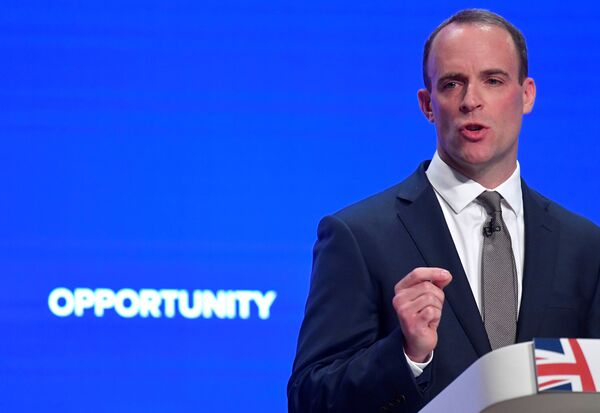The listing, posted by the Ministry of Housing, Communities and Local Government, offers up to US$66,000 (£50,000) for a trio of recruits for a period of nine months, ending June 2019 — but there is the "possibility of extension or permanence".
The roles are part of the Ministry's Resilience and Emergency Division (RED), which "works closely with local responders", including the police, the fire and rescue service, local authorities and others, in "mitigating the effects of any disruption resulting from the implementation of Brexit".
The Division's priorities are listed as:
Flashing Red
The news is likely to exacerbate widespread existing public worries about the uncertain impact of Brexit. In July, it was announced the government was drawing up plans to stockpile blood supplies and medicines in case of a no-deal Brexit, with Health Secretary Matthew Hancock stating he'd met with industry leaders to discuss building up NHS reserves of vaccinations and other medical supplies if Britain exits the European Union without a deal in place. Likewise, Brexit Secretary Dominic Raab confirmed preparations were being made to stockpile food, to ensure an "adequate food supply" in the country in case negotiations fail.

"I am confident it can be avoided…but any responsible government needs to prepare for a range of outcomes. Since I have arrived in the department, I've asked this work to accelerate and met with industry leaders to discuss it. We are working right across government to ensure the health sector and industry are prepared and people's health will be safeguarded in the event of a no-deal Brexit," he added.
The document also warned of traffic queues at ports, and "unprecedented and overwhelming" disruption to the road network, a sizeable rise in theft, EU police officers losing their legal right to carry a warrant card — which would potentially affect 750 officers in the Metropolitan Police alone — increased data costs hitting the budgets of forces which rely on mobile communication, and civil disruption potentially lasting for three months either side of the March 29 exit date.



